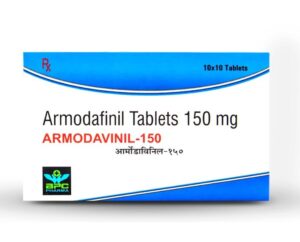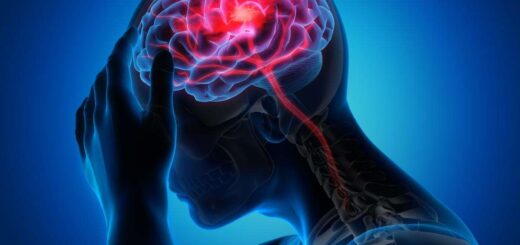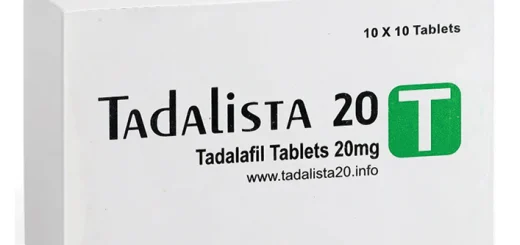How is sleep apnea diagnosed?

Do you often wake up at night feeling as if you can’t breathe? Or did someone ever tell you that you snore loudly? Sometimes the thing keeping you up at night isn’t always a nightmare. It is possible that you are suffering from sleep apnea. Discover everything you need to know about sleep apnea on this blog.
Understanding Sleep Apnea
Sleep apnea is a disorder that disrupts your breathing in your sleep. From genetic makeup to obesity, and from bad sleeping habits to neurotransmitter dysfunction, there can be a myriad of causes of your sleep apnea. If you are suspecting this problem, look for the symptoms given below:
- Loud snoring
- Waking up due to breathlessness
- Choking in sleep
- Waking up with a dry mouth
- Morning headache
- Excessive daytime sleepiness
- Insomnia
Based on the cause, there are two types of sleep apnea:
-
Obstructive sleep apnea (OSA)
This occurs because your throat muscles relax and block the airways of the upper respiratory tract. The nature of the problem is muscular. Your brain will then wake you up, adjust your breathing and then let you resume your sleep.
-
Centralized sleep apnea (CSA)
The cause of this problem lies with the central nervous system. It disrupts the nerve signals that control your breathing while you sleep. Generally, CSA occurs because of neuromuscular disorders like amyotrophic lateral sclerosis.
Apart from these, some people might also have a combination of OSA and CSA. While receiving therapy for OSA, some patients might transition to CSA.
Consulting a Sleep Specialist
If you suspect sleep apnea based on the symptoms listed above, it is best to consult a sleep specialist. These are trained doctors who diagnose and treat sleep disorders. If you noticed, all the symptoms of this disorder can be commonly found in other diseases as well. Hence, you cannot discern which sleep disorder ails you. A sleep specialist will conduct a proper diagnosis and plan a suitable treatment for you.
Common Diagnosis for sleep apnea
To diagnose sleep apnea, the doctor would first analyze your symptoms. They would most likely ask about the following:
- Whether you have a family history of sleep apnea,
- If you have used medicines based on opioids or have a history of opioid abuse,.
- If you have recently traveled to high-altitude places,
- If you have predisposing conditions like obesity, type II diabetes, or difficult-to-treat high blood pressure,.
The American Academy of Sleep Medicine has recommended guidelines to diagnose sleep apnea. These guidelines are based on monitoring your parameters while sleeping. If the sleep specialist suspects this disease, they would recommend either of these two techniques:
Polysomnography
This method monitors sleep in a lab setup. There are sleeping facilities at the diagnostic center, which offers measurements of various parameters. Parameters like blood oxygen level, blood pressure, heart rate, body movement, and heart, lung, and brain activities are measured. This method is commonly prescribed when severe or centralized sleep apnea is suspected.
Home Sleep Apnea Testing (HSAT)
As the name suggests, this test can be carried out in your home. The sleep specialist will give a list of variables that can be observed without complex instruments. Naturally, these cannot include sophisticated tests like brain wave monitoring or heart activity. If this test gives a negative result, your sleep specialist would recommend polysomnography. 
Managing Sleep Apnea
Treatment of sleep apnea lies in treating the root cause of it. If your diagnosis points to CSA, your sleep specialist will refer you to a neurologist, or if it is due to obesity or diabetes, they will recommend a nutritionist, and so on.
However, sleep apnea can disrupt your daily life and affect your productivity as well. While treating the root cause, simultaneously, your symptoms are also treated. Excessive daytime sleepiness affects your daily life the most. This problem is resolved with the help of stimulant medications. The most commonly prescribed medications are modafinil and armodafinil. These medications are FDA-approved for the treatment of sleep disorders causing excessive daytime sleepiness. However, you cannot consume them without consulting a licensed practitioner, like your sleep specialist.
Thus, by resolving the underlying problem and alleviating the symptoms, your sleep apnea can be easily treated.





